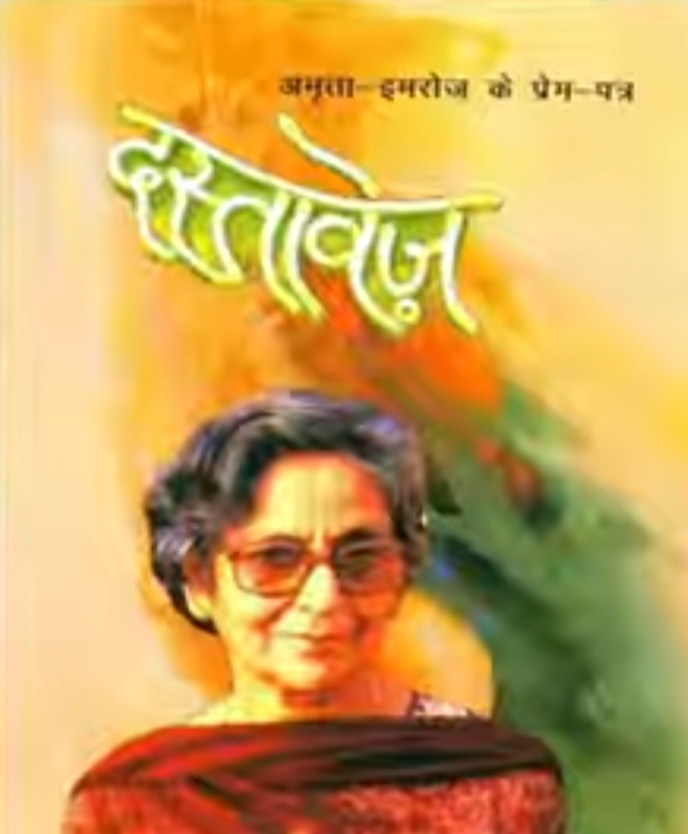
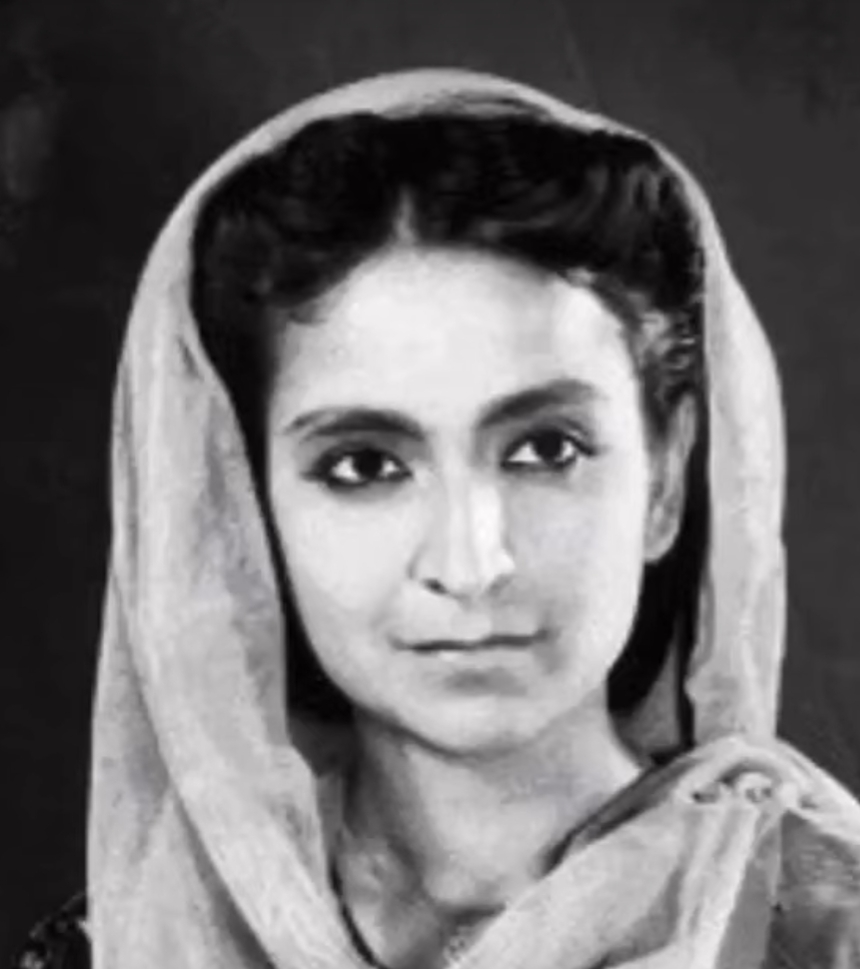
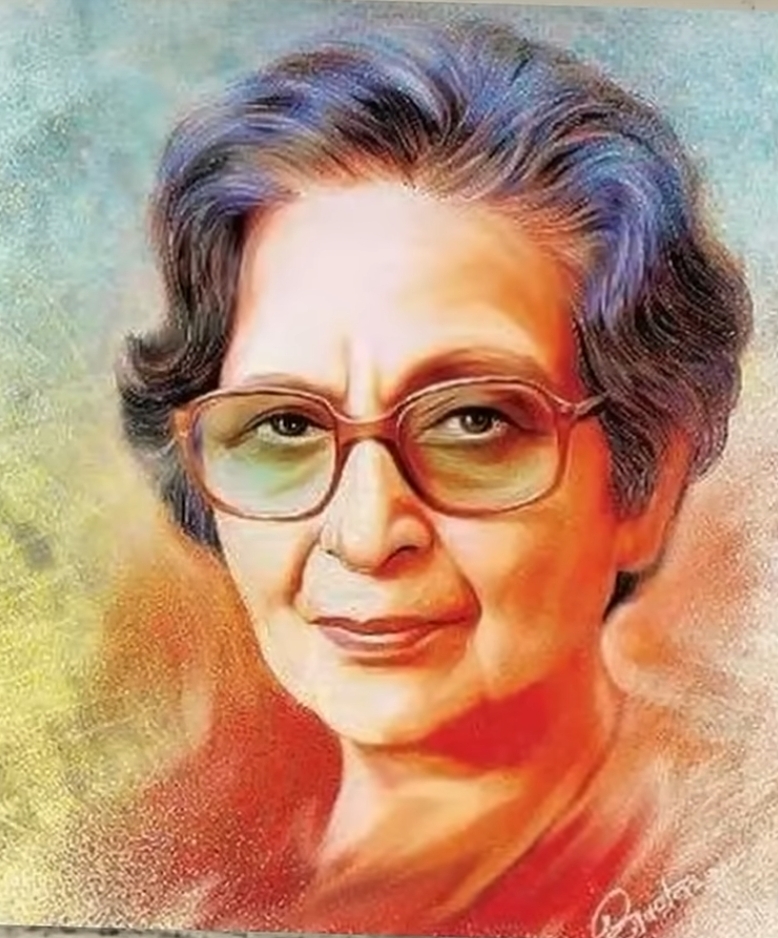
Amrita Pritam at 106: The Voice That Defied Borders, Boundaries, and Silence .Remembering Amrita Pritam: The Poetess of Pain and Passion
On the 106th anniversary of Amrita Pritam’s birth (31 August 1919–31 October 2005), the legacy of this legendary literary figure reverberates across continents and communities.
Editor, poet, novelist, essayist, and the first prominent female Punjabi writer of the twentieth century, Amrita Pritam’s creative fire burned throughout a lifetime marked by both turbulence and transcendence. Her work—over a hundred books in Punjabi and Hindi—remains foundational in both literature and the collective memory of the subcontinent.
The Early Years: A Solitary Child and the Brilliance of Words
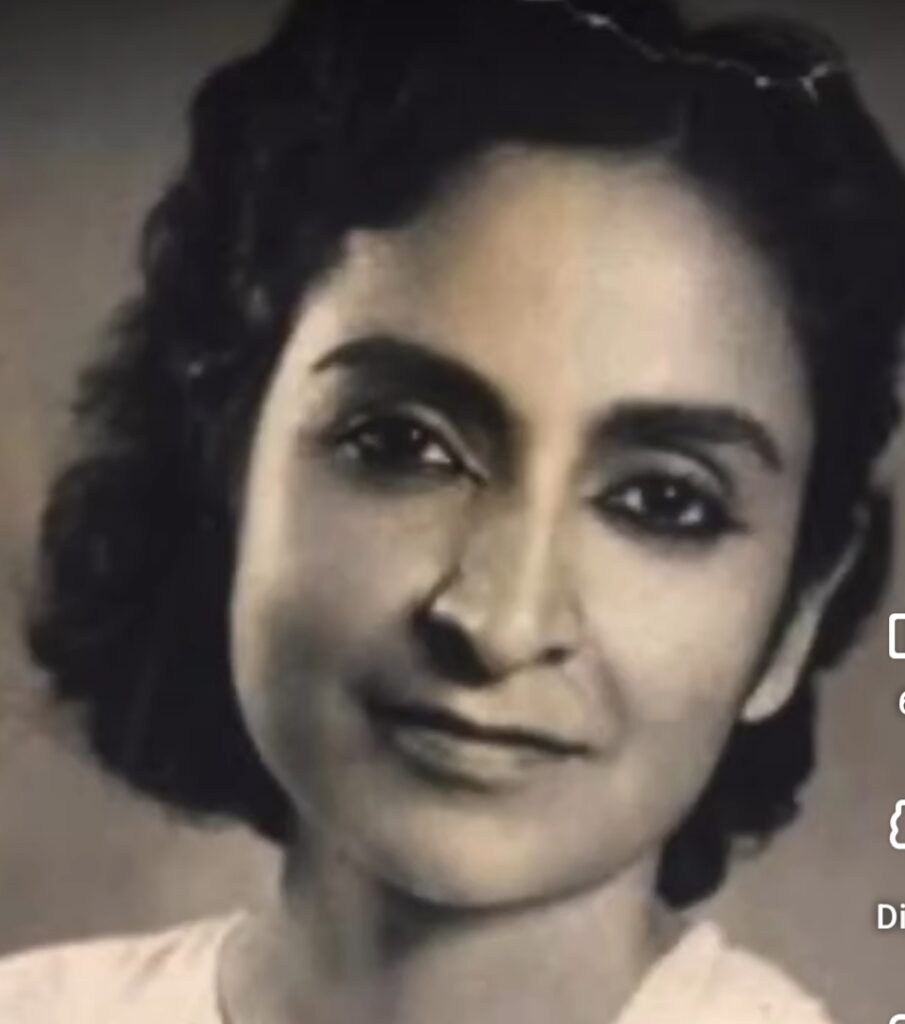
Born Amrita Kaur in pre-Partition Punjab, she was the only child of Raj Bibi, a schoolteacher, and Kartar Singh Hitkari, an esteemed poet and Braj Bhasha scholar. Tragedy struck at the age of 11 with her mother’s death—a loss so profound it sparked the literary flame within her and led her to declare a lifelong atheism. Lahore became her crucible: a city that shaped her early literary journey and bore witness to the publication of her debut poetry collection, *Amrit Lehran*, at the tender age of 16.
Youth and Restlessness: From Romanticism to Radicalism
Marriage to Pritam Singh at sixteen—an arrangement customary at the time—did not stifle her intellectual independence. Early romantic poetry soon gave way to deeper engagement with social reality as she joined the Progressive Writers’ Movement[2]. Her 1944 collection, *Lok Peed* (“People’s Anguish”), was not just a poetic reaction to the Bengal famine and Second World War but an early sign of her empathy for the suffering and dispossessed.
The Bitter Divide: Partition and the Birth of a Voice
Few writers have chronicled the pain of Partition with the anguish and insight of Amrita Pritam. In *Ajj Aakhaan Waris Shah Nu*, her immortal elegy addressed to Sufi poet Waris Shah, she captured the wails of a torn Punjab and the trauma of millions, especially women. Forced to flee Lahore in 1947, she resettled in Delhi, yet her words continued to resonate in both India and Pakistan—rare for any literary figure of her stature.
Literary Contributions: Beyond Borders and Genres
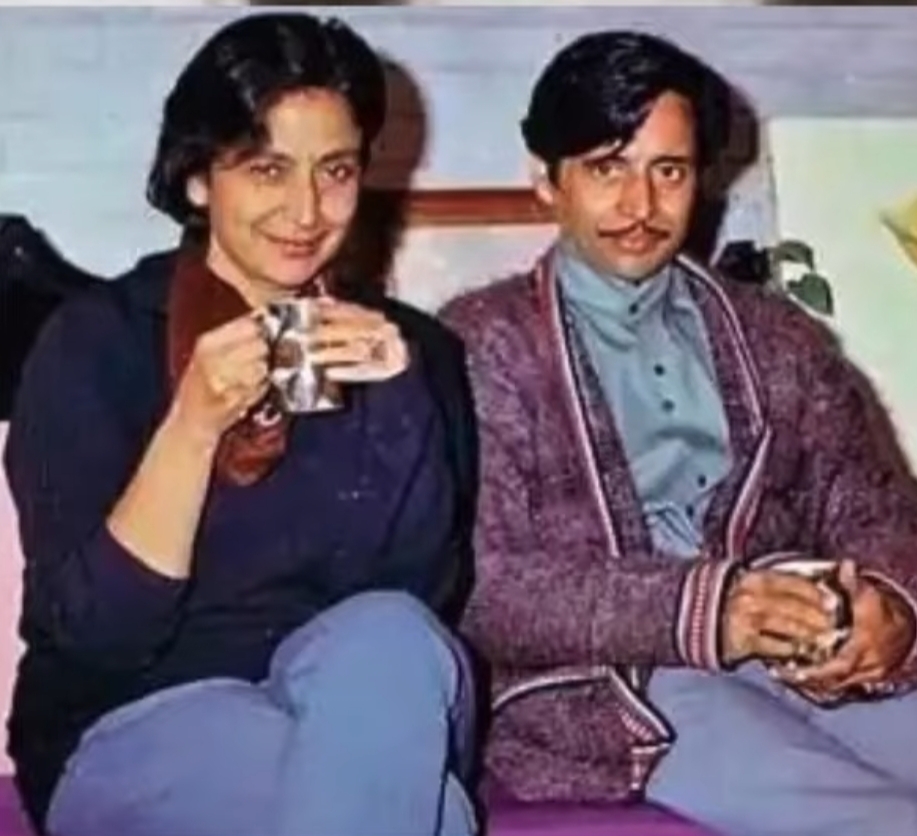
Amrita Pritam authored over a hundred works spanning poetry, novels, short stories, essays, biographies, and translations.
Her magnum opus *Pinjar* (The Skeleton, 1950) stands as a searing indictment of Partition’s brutality, especially the violence endured by women. It later became a National Award-winning film in 2003, its haunting narrative rendered for a new generation.
Another iconic poem, *Sunehade* (“Messages”), won her the 1956 Sahitya Akademi Award—making her the first woman to receive this honour for Punjabi literature.
Among her most memorable works:
– *Ajj Aakhaan Waris Shah Nu* (poem)
– *Pinjar* (novel, 1950)
– *Raseedi Ticket* (autobiography, 1976)
– *Kagaz Te Canvas* (Jnanpith Award-winning book)
– *Dharti Sagar te Sippiyan* (translated to film as *Kadambari*)
– *Unah Di Kahani* (translated to film as *Daaku*).
Editor, Activist, Chronicler of Her Times
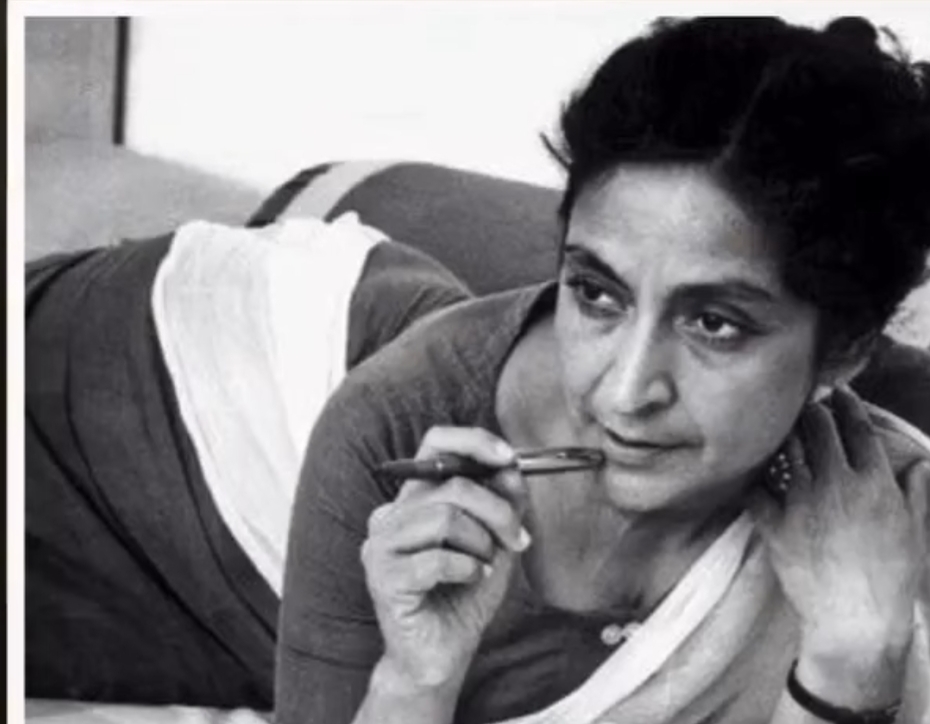
Pritam was more than a writer—she was also a pioneering magazine editor, helming the Punjabi literary monthly *Nagmani* and, post-Partition, taking an active role at All India Radio, Delhi. Her commitment to social causes included collaborating to establish one of Delhi’s first Janta Libraries and engaging with the literary and cultural life of the newly independent nation.
The Personal and the Poetic: Love, Longing, and Defiance
Pritam’s life has become as legendary as her works. Her unreciprocated love for Urdu poet Sahir Ludhianvi is the stuff of literary lore: a saga of letters, longing, and silence that fueled much of her poetry and prose. Her later companionship with artist and writer Imroz, nearly a decade her junior, was a testament to love’s endurance and transformation, shaping her late years and giving rise to tender reflections in poems like “Main Tenu Phir Milangi” (“I Will Meet You Again”).
Courage, Controversy, and Truth in Autobiography
Amrita Pritam’s autobiographical volumes—*Kala Gulab*, *Raseedi Ticket*, and *Aksharon Kay Saayee*—were marked by bracing honesty on deeply personal subjects: failed marriage, sexual identity, social taboos, unrequited passions, and her own fierce independence. She was one of the earliest major Indian writers to write frankly about gender, desire, relationships, and depression, thereby breaking ground for future generations of women.
Accolades, Awards, and International Recognition
Pritam’s literary excellence was recognized with an array of prestigious honours:
– *Punjab Rattan Award* (first recipient)
– *Sahitya Akademi Award* (1956, first woman winner)
– *Bharatiya Jnanpith Award* (1982, for *Kagaz Te Canvas*)
– *Padma Shri*(1969)
– *Padma Vibhushan* (2004)
– *Sahitya Akademi Fellowship* (2004, India’s highest literary recognition)
*International Vaptsarov Award* (Bulgaria, 1979)
– *Ordre des Arts et des Lettres*
– (France, 1987)
– *Honorary D.Litt. degrees* from multiple universities.
Her legacy was further cemented globally when Google honoured her with a doodle on her birth centenary in 2019.
The Final Years: Peace, Solitude, and Enduring Legacy
Amrita Pritam continued writing until her final years, surrounded by her children and Imroz, with whom she shared over four decades. She passed away peacefully in her sleep on 31 October 2005, leaving behind a wish for a simple funeral—no fanfare, just the presence of her loved ones.
Impact and Influence: A Voice For Generations
Amrita Pritam’s writing was deeply feminist in spirit long before the word became common parlance in India. She urged women to defy social constructs and inspired countless others to pursue freedom—of body, mind, and spirit. Her legacy infuses the very soul of South Asian literature.
Writers and readers will always return to her words for comfort, courage, and catharsis. As generations read *Ajj Aakhaan Waris Shah Nu* and *Pinjar*, they find reflected not only the pain of partition but also the promise of resilience, dignity, and hope.
Closing Note
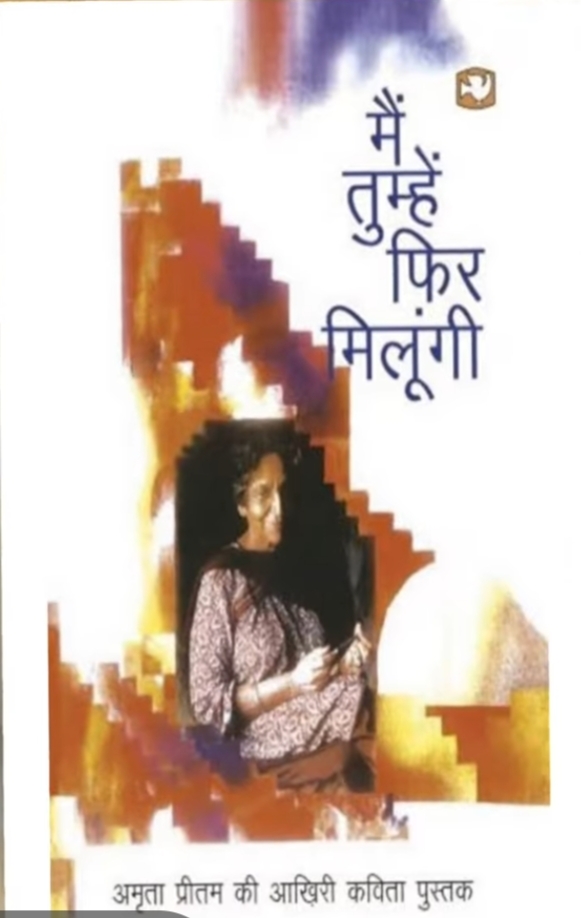
In commemorating Amrita Pritam’s 106th birth anniversary, the literary world does not merely celebrate an icon—it rediscovers the enduring power of words and the woman who embodied their truth. Her life stands as a testament to creativity’s power to heal, unite, and transcend even the darkest epochs of history.
Hasnain Naqvi is a former member of the history faculty at St. Xavier’s College, Mumbai


